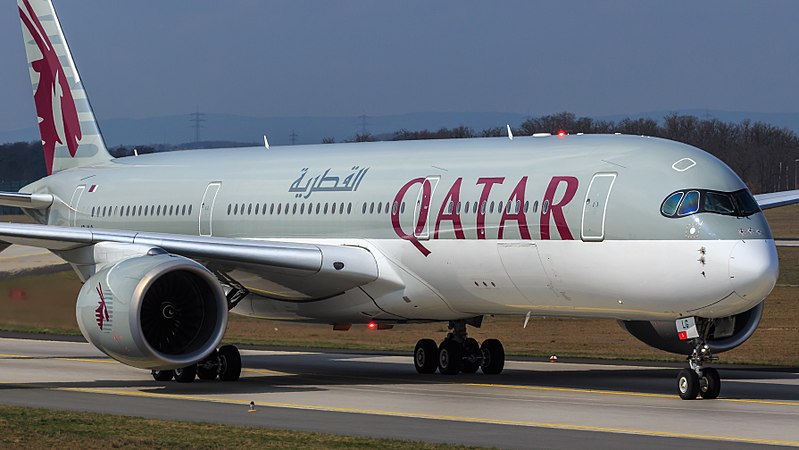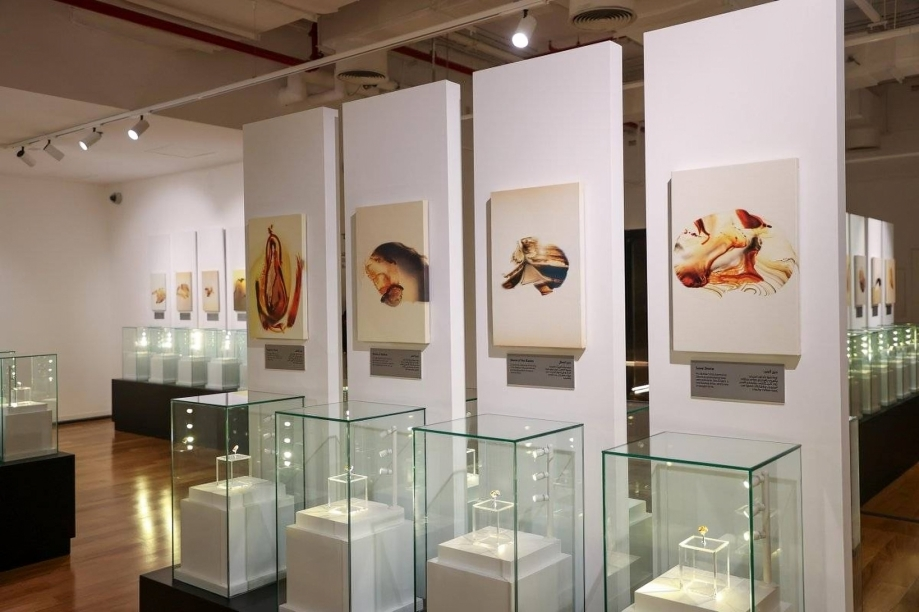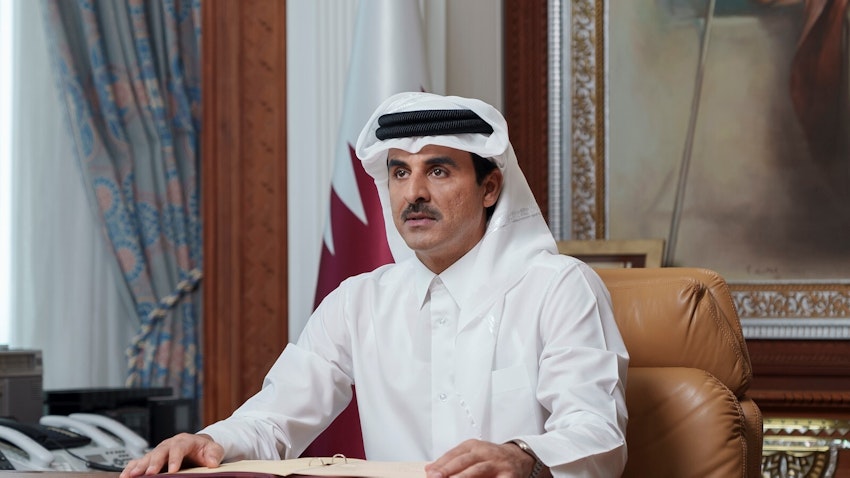A UK judge has rejected an attempt by Airbus to invoke a rule regulating the way it replies to foreign courts in a growing dispute involving cross-border legal powers, Reuters reported.
This comes amid a fiery Qatar Airways $1.4 billion lawsuit against France-based Airbus over damage to the painted surface and anti-lightning system on A350 jets, citing safety and design defect concerns.
Despite acknowledging quality issues, Airbus maintains that its aircraft are safe.
Airbus claims that a 1968 law prohibits French companies from directly handing over sensitive economic details to foreign courts unless a special mechanism is in place, preventing it from directly handing over documents sought by the Qatari flag carrier.
If a settlement cannot be reached, the case will move toward a rare aerospace trial in London in mid 2023 that will see the two parties exchange thousands of pages of documents.
The aircraft manufacturer requested authorisation from a UK judge to designate a special commissioner who would be in charge of delivering the documents to Qatar Airways. This was something it had earlier done to support UK law enforcement during a bribery investigation.
According to Airbus, failing to establish such a channel would subject the business to legal action in France.
“This is not something entirely novel, weird or wacky that we are proposing,” its lawyer Rupert Allen told a division of the High Court in an online hearing on Friday.
Judge’s reasoning
However, Judge David Waksman denied the request and granted Qatar Airways expenses.
The 1968 law, commonly known as the “French blocking statute,” was enacted to protect French businesses from oppressive foreign court demands, particularly from the United States, with which Paris was embroiled in an economic Cold War.
“That in my judgment is a million miles away from what this case is all about,” Judge David Waksman said.
“This is hardly the example of an unwilling, vulnerable French company that has now found itself having to cope with a highly intrusive and oppressive form of discovery,” he said.
The judge also criticised Airbus for its tardiness in responding to his request for a special disclosure mechanism.
The jurisdictional dispute coincides with a raging political debate in the United Kingdom over the rights of British and foreign courts in the aftermath of Britain’s exit from the European Union.
In France, a corruption prosecution that resulted in a record-breaking fine of 3.6 billion euros ($3.63 billion) from Britain, France, and the US against Airbus in 2020 also sparked a discussion over the extraterritorial reach of US prosecutors against French corporations.
Throughout that four-year investigation, Airbus stated it was cooperating with all domestic and foreign agencies.
The decision on Friday came after Qatar Airways asked the judge to invoke the authority of English courts, which both parties had agreed to use to resolve any disputes in their jetliner contracts.
“Complying with a foreign law is no defence against non-compliance” with English courts, Qatar’s lawyer Philip Shepherd said.
In an emailed statement, Airbus stated that it sought to comply with applicable laws rather than limit disclosure, Reuters reported.
Qatar Airways did not respond immediately to the ruling.







